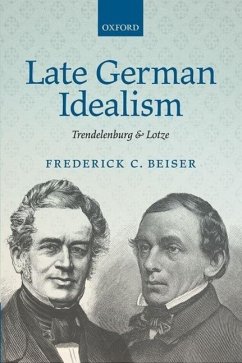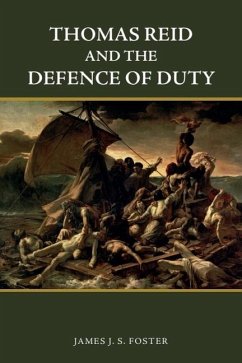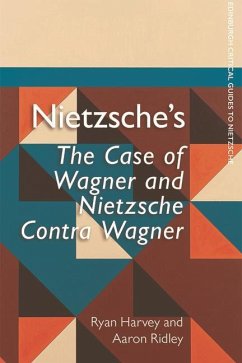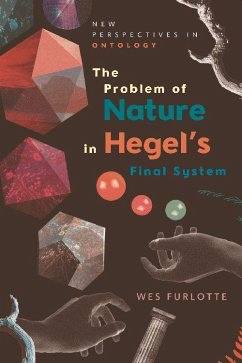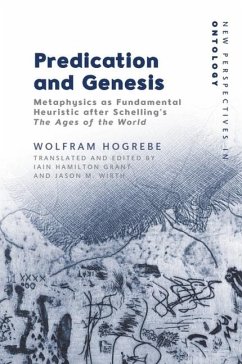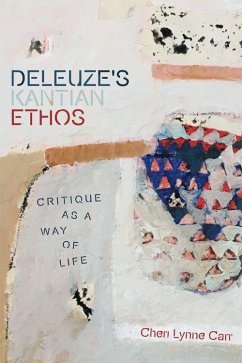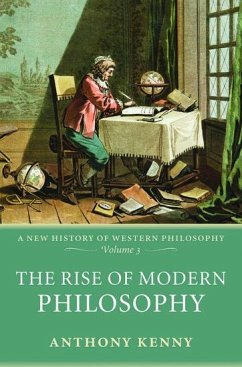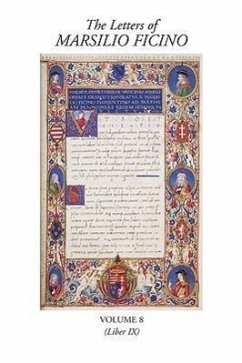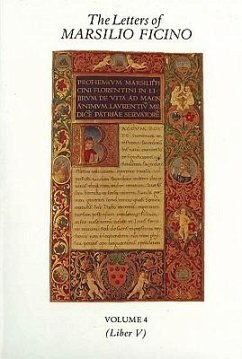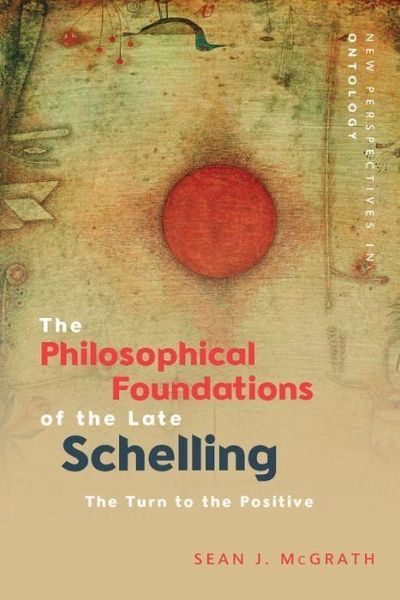
The Philosophical Foundations of the Late Schelling
The Turn to the Positive
Versandkostenfrei!
Versandfertig in über 4 Wochen
127,99 €
inkl. MwSt.
Weitere Ausgaben:

PAYBACK Punkte
64 °P sammeln!
An uncovering of the postsecular relevance of the late Schelling's Philosophy of Revelation Schelling's decisionism has long been recognised as the historical root of European existentialism, but has never been properly explained as a philosophical strategy. According to McGrath, Schelling's turn to the real is neither fideistic nor absurdist, the consequence of the free decision of the philosopher who has critically evaluated the results of speculative logic, nature philosophy, and the history of religion. This is a pioneering effort to reconstruct Schelling's argument for the truth of the do...
An uncovering of the postsecular relevance of the late Schelling's Philosophy of Revelation Schelling's decisionism has long been recognised as the historical root of European existentialism, but has never been properly explained as a philosophical strategy. According to McGrath, Schelling's turn to the real is neither fideistic nor absurdist, the consequence of the free decision of the philosopher who has critically evaluated the results of speculative logic, nature philosophy, and the history of religion. This is a pioneering effort to reconstruct Schelling's argument for the truth of the doctrine of the Trinity and to assess its philosophical and theological validity. Sean J. McGrath is Professor of Philosophy and Theology at Memorial University of Newfoundland.




